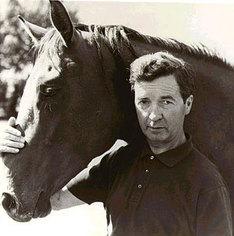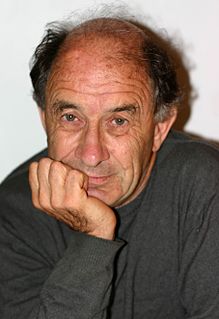A Quote by Dick Francis
Physics is the science of all the tremendously powerful invisibilities - of magnetism, electricity, gravity, light, sound, cosmic rays. Physics is the science of the mysteries of the universe. How could anyone think it dull?
Related Quotes
Science may explain the world, but we still have to explain science. The laws which enable the universe to come into being spontaneously seem themselves to be the product of exceedingly ingenious design. If physics is the product of design, the universe must have a purpose, and the evidence of modern physics suggests strongly to me that the purpose includes us
We get the exciting result that the total energy of the universe is zero. Why this should be so is one of the great mysteries - and therefore one of the important questions of physics. After all, what would be the use of studying physics if the mysteries were not the most important things to investigate?
In short, there are mysteries of science and of soul that will never be understood no matter how hard we measure, no matter how strongly we believe, no matter how deep our think tanks and how high our aspirations. But as anyone will tell you—for we all know this within our hearts—the impossible happens and grand cosmic mysteries are solved on a regular basis, although most of the time the solutions lead to even greater mysteries.
When people think science and cooking, they have no idea that it's not correctly expressed. We're actually applying the scientific method. People think chemistry and physics are science, but the scientific method is something else.... It's the science that the world of cooking generates: science of butter; science of the croissant.
I studied physics at Princeton when I was a college student, and my initial intention was to major in it but to also be a writer. What I discovered, because it was a very high-powered physics program with its own fusion reactor, was that to keep up with my fellow students in that program I would need to dedicate myself to math and physics all the time and let writing go. And I couldn't let writing go, so I let physics go and became a science fan and a storyteller.
The world of science lives fairly comfortably with paradox. We know that light is a wave, and also that light is a particle. The discoveries made in the infinitely small world of particle physics indicate randomness and chance, and I do not find it any more difficult to live with the paradox of a universe of randomness and chance and a universe of pattern and purpose than I do with light as a wave and light as a particle. Living with contradiction is nothing new to the human being.



































